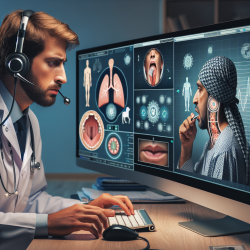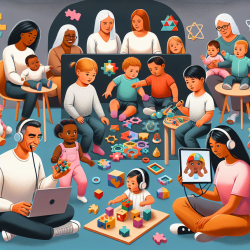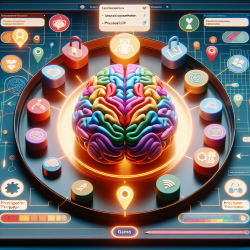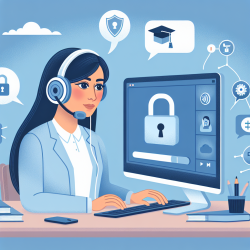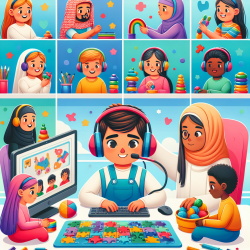The COVID-19 pandemic has brought unprecedented challenges to healthcare, particularly in the evaluation and treatment of dysphagia. The research article "The Long-Term Effects of COVID-19 on Dysphagia Evaluation and Treatment" provides valuable insights that can help practitioners enhance their skills and adapt to the new landscape of dysphagia management.
According to Brodsky and Gilbert (2020), traditional methods such as videofluoroscopic swallow study (VFSS) and flexible endoscopic evaluation of swallowing (FEES) are considered aerosol-generating procedures and thus pose significant risks during the pandemic. Consequently, these procedures have been limited or reclassified as elective in highly affected regions. This poses a dilemma for patients who need these evaluations the most, particularly those recovering from COVID-19.
Given the current constraints, practitioners must explore alternative, non-invasive methods for assessing and treating dysphagia. Here are some evidence-based strategies recommended by the authors:
- Non-Invasive Imaging: Utilize non-invasive imaging techniques to assess laryngeal structure, lingual deformation, and airway compromise during swallowing.
- Patient-Reported Symptoms: Collect validated patient-reported symptoms to gauge the severity and nature of dysphagia.
- Accelerometry and Cervical Auscultation: Implement accelerometry and cervical auscultation to monitor swallowing frequency and detect aspiration risks.
- Swallowing Frequency Monitoring: Use wearable technologies to track swallowing frequency and physiological performance remotely.
While these methods are still under development and may not be fully ready for clinical implementation, they offer a promising start. Practitioners should work closely with industry and regulatory bodies to develop and test these innovations for routine care. Collaboration with third-party payors, including state and federal governments, is also crucial to facilitate the adoption of these new methods.
Telehealth has emerged as a viable solution to continue providing care while minimizing physical contact. Remote methods for assessing and treating dysphagia have been in use for nearly two decades, although they are not yet standardized. The pandemic has accelerated the adoption of telehealth, and practitioners should leverage this opportunity to expand their telehealth capabilities.
However, it is important to note that Medicare currently does not cover telehealth services for clinical swallowing evaluations and treatments, creating a significant barrier for many patients. Advocacy for policy changes to include these services under Medicare coverage is essential to ensure that all patients have access to necessary care.
In conclusion, the COVID-19 pandemic has necessitated a reevaluation of dysphagia management practices. By embracing non-invasive methods and telehealth, practitioners can continue to provide effective care while minimizing risks. Continued research and collaboration are essential to refine these methods and ensure their clinical relevance.
To read the original research paper, please follow this link: The Long-Term Effects of COVID-19 on Dysphagia Evaluation and Treatment.

